Emmerick Street Community Preschool is a non-profit community Preschool managed by the Director and volunteer Management Committee of parents.
The Preschool relies on the enrolled families to perform a wide range of managerial, administrative, and maintenance tasks so that it runs smoothly and is cost-efficient.
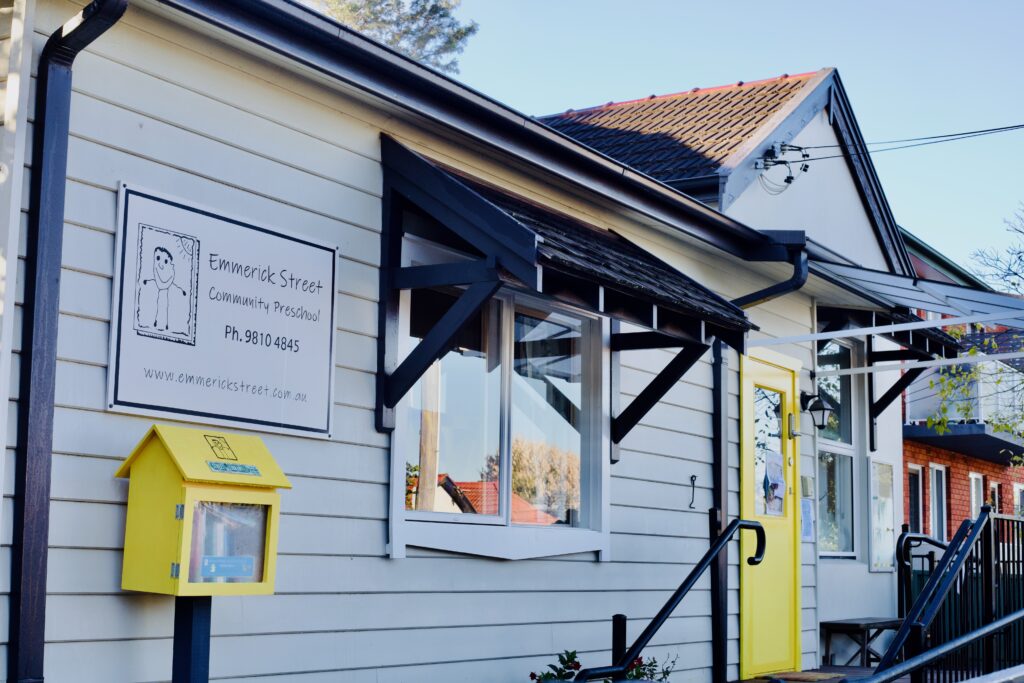
Preschool Hours and Structure
Preschool hours are 9 am to 3 pm, Monday to Friday, during school terms.
The Preschool week is divided into two groups:
- Monday/Tuesday/Wednesday Group: 4/5-year-olds
- Thursday/Friday Group: 3/4-year-olds
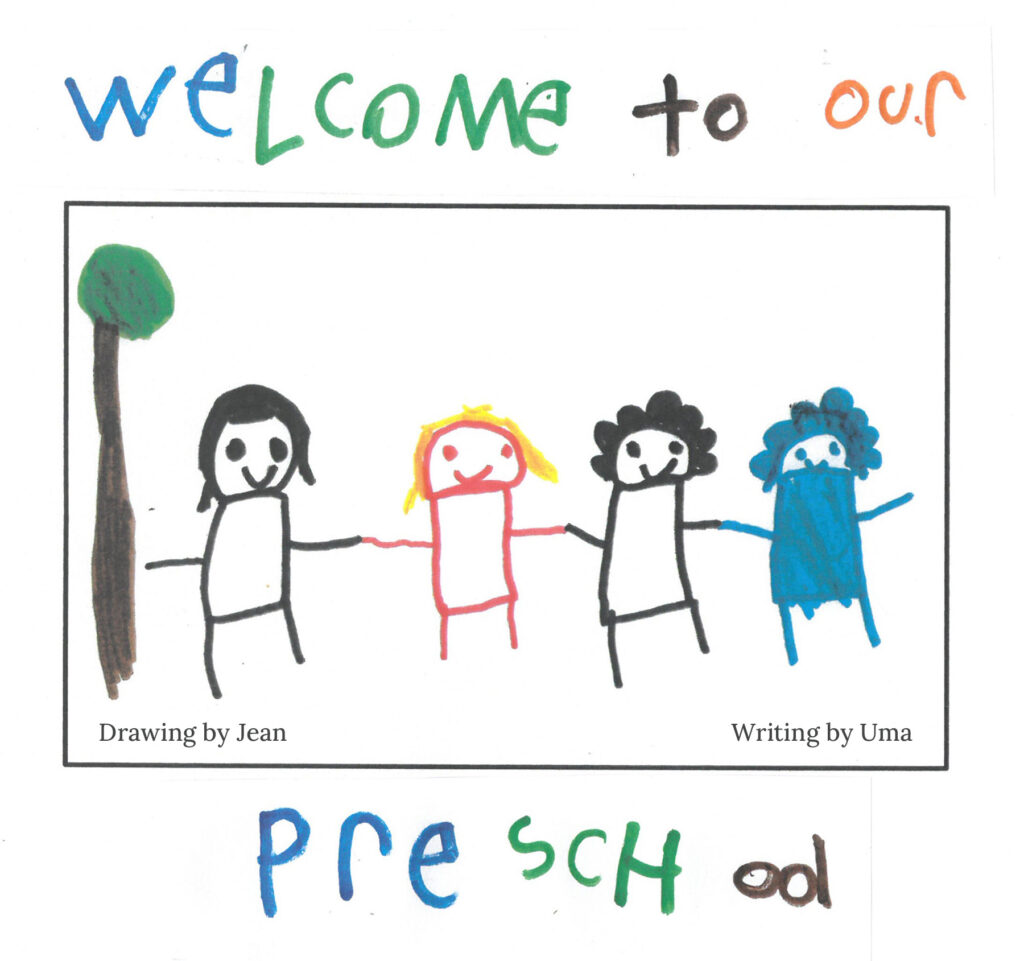
Number of Places
The Preschool is licensed for 29 places in each group, however current numbers are capped at 24 places for the Thursday/Friday group and 26 children for the Monday -Wednesday group.
There are Two University-trained Early Childhood Teachers and qualified educators who work with the children across the week.
There is no after-school care program offered.
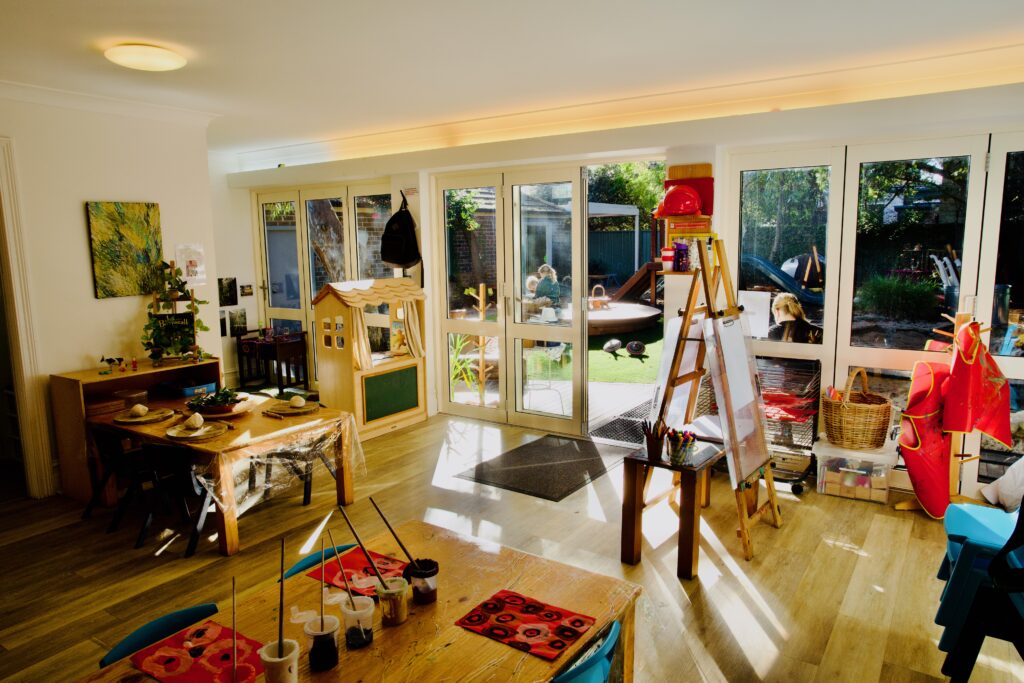
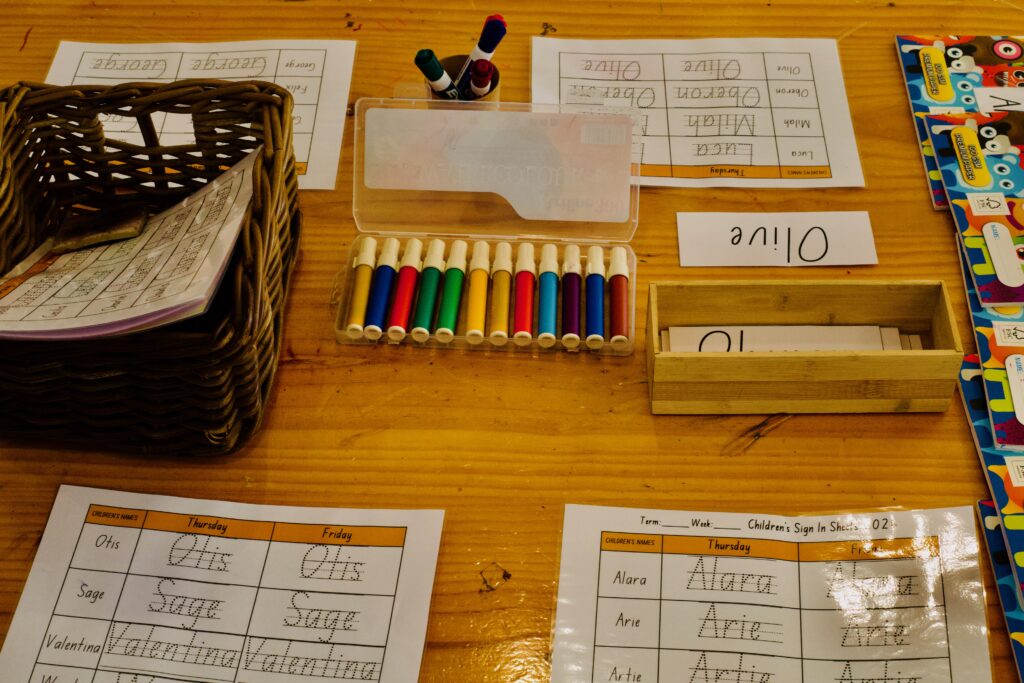
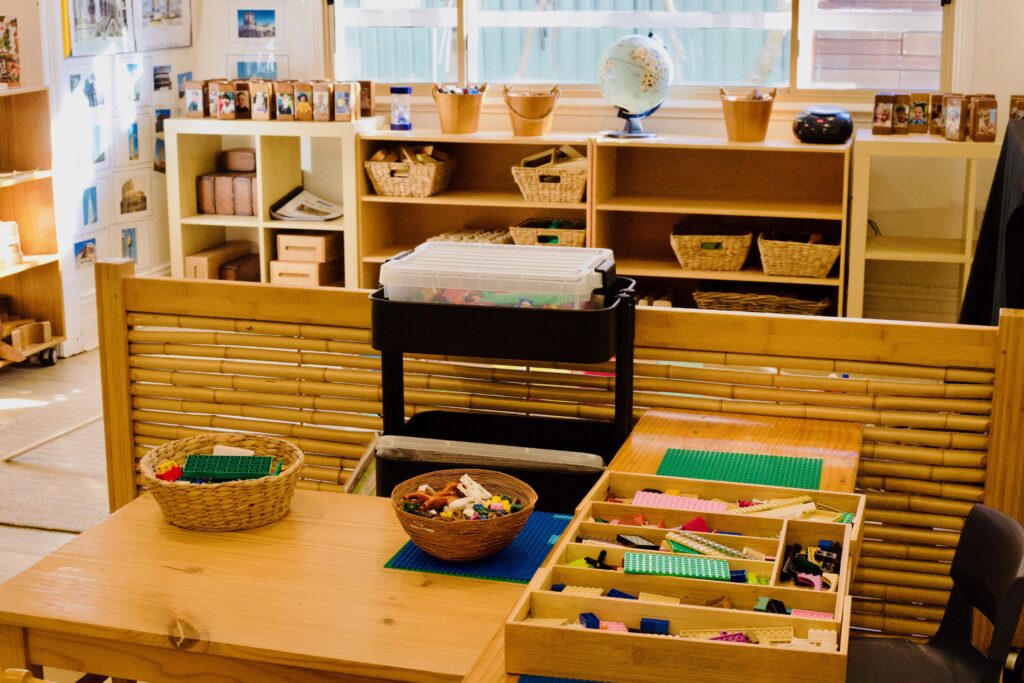
Team Emmerick
Director/ ECT – Monday to Wednesday (Office/Programming Days) Thursday Friday (Teaching Days)
Office Administrator – Monday and Tuesday
Early Childhood Teacher – Monday – Friday
Educator (Cert 3)- Monday – Friday
Educator (Diploma) – Monday- Friday
Educator (Cert 3) / Support /Lunch Cover – Monday – Friday
All educators maintain current First Aid Certificates and regularly attend in-service training to maintain our Preschool’s level of excellence. All staff members also undergo appropriate working with children checks to ensure that they are not Prohibited Persons as described in the Child Protection Prohibited Employment Act 1998.
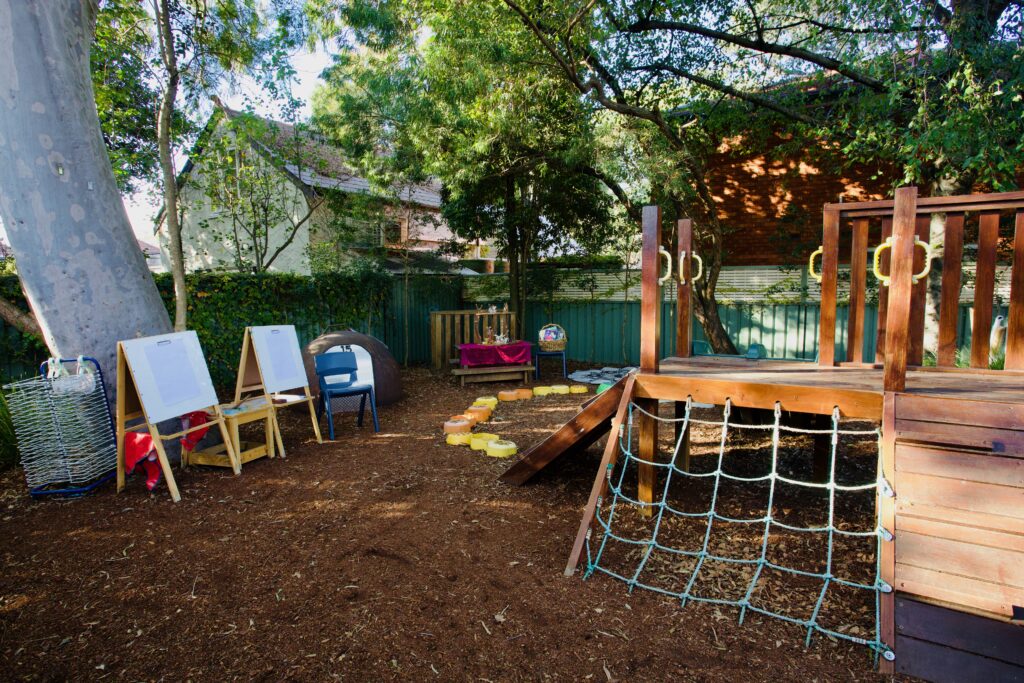
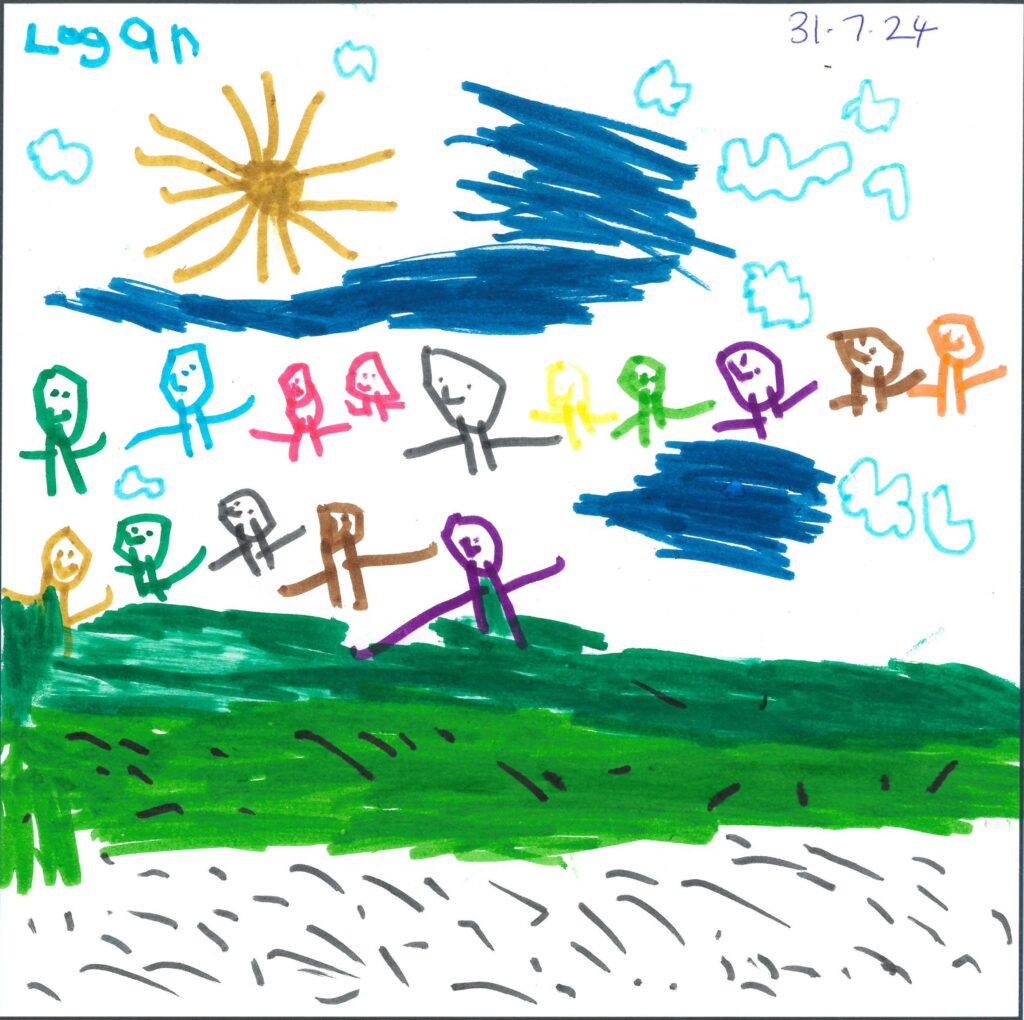
The Preschool Program
At Emmerick Street Community Preschool we believe that an early childhood curriculum includes the processes that are connected to learning and teaching, as well as the intentions of the early childhood professional and learner. This idea is reiterated by the educators of Reggio Emilia in the North of Italy, who view the child as an active participant in their own learning. Our staff are inspired and influenced by the philosophies and practices of the educators of Reggio Emilia.
Our program relates to all aspects of children’s experiences whilst at the preschool and involves both planned and spontaneous activities. The preschool’s programming style is also guided by the Early Years Learning Framework for Australia.
Our educators believe that “Children learn best when the curriculum is connected to their everyday lives and interests” (Arthur, Beecher, Death, Dockett, and Farmer, 2005). We see the child as constructing knowledge through interactions with their peers, teachers, families, and their environment. We strive to offer an interest-based and child-negotiated approach (meaning that staff and children work together through the learning journey). The foundations of the curriculum come from the children themselves, whom teachers observe closely to discover what it is that they are interested in and what investigations they are pursuing.
The team make notes and jottings, take photos and gather other traces of children’s learning, and then work in collaboration to develop an understanding of the children’s theories. We then make plans for the next steps aimed at extending and sustaining the child’s or children’s pursuits and deepening their exploration. Pedagogical documentation is used to make the children’s learning visible to families, children, and the community. Pedagogical documentation emphasis’s to children that we believe they are truly capable and resourceful and that they are active contributors to their own learning.
Our environment is designed to facilitate children’s learning and exploration through the provision of resources and materials which offer choice and possibility and discovery. We acknowledge that in play the emphasis is on the process and not the product and we value the learning that is gained through experimentation and investigation. We also feel that it is important that all children feel safe and secure at the Preschool; therefore we strive to provide a home-like environment.
We are a very well resourced preschool and resources are regularly rotated in the environment to reflect the children’s current interests and capabilities. Learning areas such as art and craft, a writing centre, music corner, cognitive area, block corner, book corner, and home corner are set up in a way that encourages the children to make choices and decisions. Low open shelves with a variety of resources allow the children to take on an active role in their own play and learning.
We use an online educational platform, Storypark to document and communicate children’s learning to families. Storypark is an essential documentary tool that assists in the process of making children’s learning visible. Storypark provides an ongoing record of a child’s individual learning and some record of group events and experiences.
Parent’s suggestions and requests are welcome and are readily incorporated into the program. Active involvement is encouraged in all of its forms, there are many ways you can be involved in the program and the first way is by simply reading entries on Storypark, teachers use this as a primary communication tool, where they ask for your input and suggestions. Please feel free to speak to one of the educators to find out more about how you can get involved in our program.
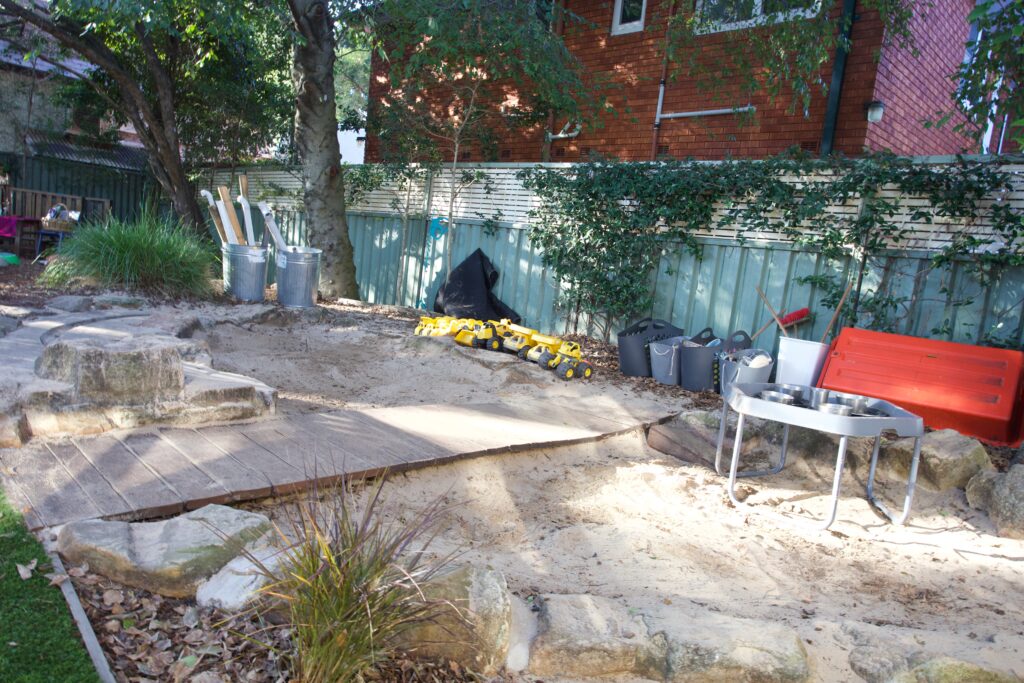
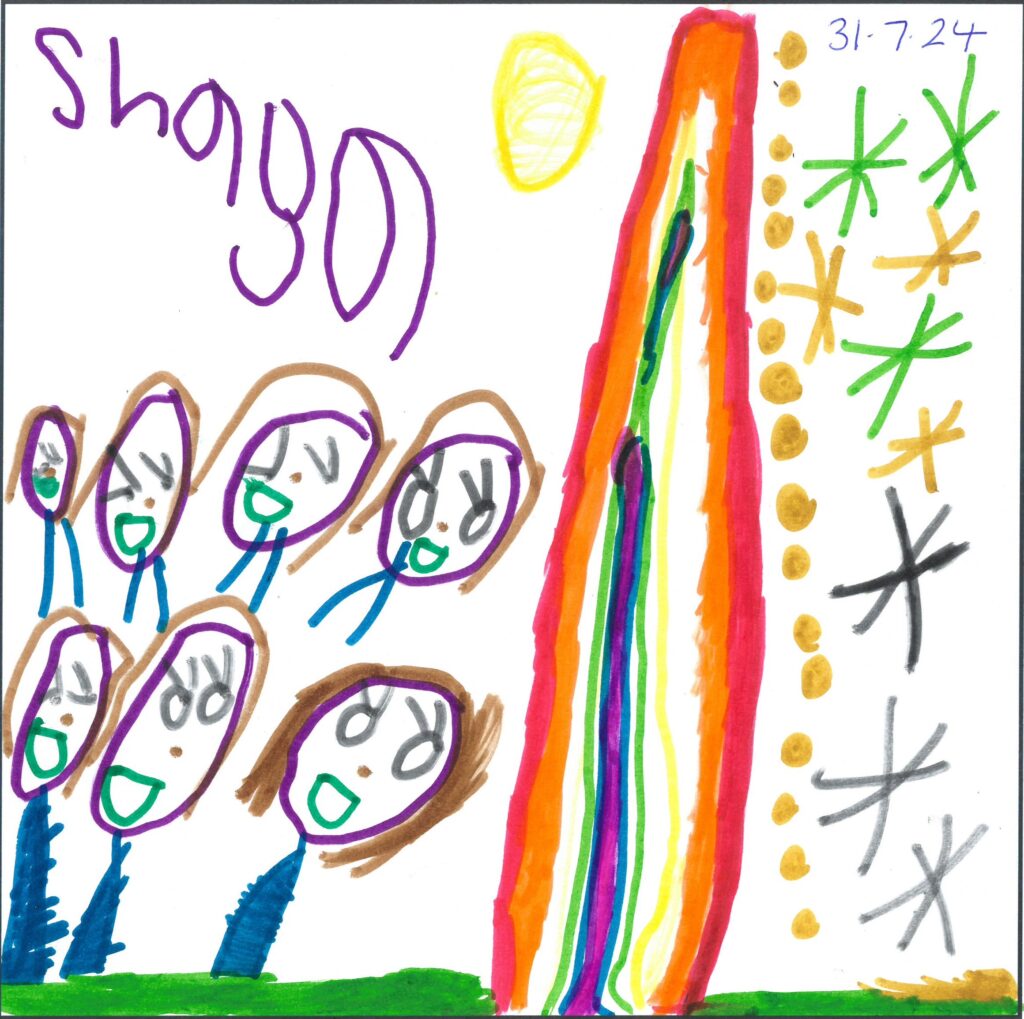
We asked the children what they like about preschool.
‘I like blocks and playing outside with my friends’ -Levi B
‘I like going our excursions’ – Vincent
‘Puzzles and games’ – Henry
‘Because there’s bugs outside’ – Jack
‘Playing in home corner’ – Sophia
‘Because you teach us stuff’ – Jean
‘I like all the play things’ – Leah
‘I like building sandcastles in the sandpit’ – Leah
‘Playing with the puzzles’ – Uma
‘I like the blocks and home corner’ – Shaya
‘Playing in the sandpit and home corner’ – Serena
‘Building houses in the block area’ – Freddie
‘Excursions and Olympic races’ – Levi
‘Building and the borrowing library’ – Larry
‘Block corner and playdoh’ – Logan
Parent Participation
We strongly encourage you to consider becoming a Management Committee member of the Birchgrove Community Association (BCA) which is responsible for overseeing the Preschool. Being Member of the Management Committee entails helping the Director make decisions and oversee the general running of the Preschool – but not in a teaching capacity.
You would be involved in:
- performing administrative tasks
- developing and implementing policies
- assuring the Preschool adheres to government guidelines
- supervising and performing financial activities (Treasurer)
- engaging in whatever you and the committee think will enhance your child’s experience at the Preschool
- consulting with the parent body and summoning support to achieve committee goals
We seek people with a broad range of skills, if you are capable and enthusiastic we want you to be a part of the committee. The list of things that you could help with is varied and endless.
You can nominate yourself to be a member at any time during the year, just ask any of the parent directors or the teaching director and we will welcome you with open arms. It is a great way to make friends and contribute in a meaningful way to your child’s education.
As a community preschool, we really need you. It is also important to note that all our directors must satisfy the working with children checks.
Even if you do not join the Management Committee there are other ways you can contribute to the Preschool community.
Volunteering to do washing, helping with the composting, maintaining garden beds, building maintenance, social /fundraising events etc. We need people with a broad variety of skills and the more volunteers we have the better the preschool runs and the less any one individual has to do.
Working Bees
We have 2 working bees a year to keep the Preschool looking good and keeping it safe for the children. Attendance at the working bees is mandatory and takes place on a weekend. We require 2 hours per family per working bee if two parents/carers turn up then you only have to stay for one hour. A $100 no-show fee will be charged if you do not attend.